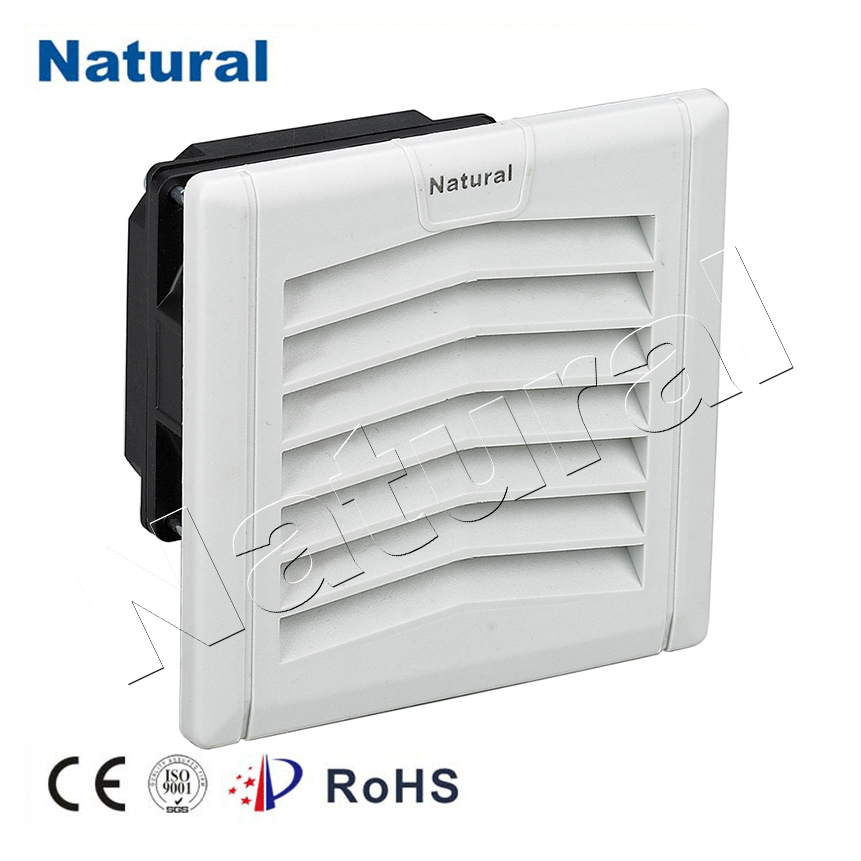In today’s fast-paced world, indoor air quality often takes a backseat in our daily lives. However, the quality of the air we breathe indoors can have a significant impact on our health and overall well-being. Thankfully, fan air filters have emerged as a powerful solution to tackle this issue. In this article, we will explore the benefits and workings of fan air filters, shedding light on their pivotal role in improving indoor air quality.

The Importance of Indoor Air Quality Before delving into fan air filters, it’s crucial to understand why indoor air quality is of utmost importance. Most people spend a considerable amount of time indoors, whether at home, in the office, or other enclosed spaces. Poor indoor air quality can lead to various health issues, including respiratory problems, allergies, and even chronic diseases. Therefore, ensuring clean and healthy indoor air is essential for our well-being. Fan Air Filters: The Unsung Heroes Fan air filters are devices designed to remove pollutants and contaminants from the air in enclosed spaces. They operate by drawing air through a filtration system, trapping particles and pollutants, and then releasing clean, filtered air back into the environment. The primary components of fan air filters include a fan, a filter medium, and a housing. How Fan Air Filters Work Air Intake: Fan air filters begin their work by drawing in air from the surrounding environment. This air can contain a wide range of contaminants, including dust, pollen, pet dander, smoke, and even bacteria and viruses. Filtration: The heart of a fan air filter is its filtration system. Various types of filters are used, including HEPA (High-Efficiency Particulate Air) filters, activated carbon filters, and UV filters. HEPA filters are especially effective at capturing tiny particles as small as 0.3 microns, which includes most common allergens and pathogens. Particle Capture: As air passes through the filter medium, particles and pollutants become trapped within the filter. HEPA filters use a combination of mechanical filtration and electrostatic attraction to capture particles, while activated carbon filters adsorb odors and volatile organic compounds (VOCs). Clean Air Release: Once the air is filtered, the fan expels clean, purified air back into the indoor space. This continuous process ensures that the air remains fresh and free from harmful contaminants. Benefits of Fan Air Filters Fan air filters offer numerous advantages for maintaining healthy indoor air quality: Allergen Reduction: They effectively remove common allergens such as pollen, dust mites, and pet dander, providing relief to allergy sufferers. Smoke and Odor Removal: Activated carbon filters in some models are excellent at removing smoke and odors, making them invaluable in homes and offices. Pathogen Elimination: HEPA filters can capture bacteria and viruses, including those responsible for the flu and common cold, promoting a healthier environment. Improved Respiratory Health: Cleaner air reduces the risk of respiratory problems and can alleviate symptoms in individuals with asthma or other lung conditions. Enhanced Comfort: Breathing cleaner air leads to an overall sense of well-being and comfort, resulting in increased productivity and quality of life. Choosing the Right Fan Air Filter When selecting a fan air filter, consider factors such as the size of the space, the type of contaminants present, and the filter’s maintenance requirements. Regular filter replacement or cleaning is essential to ensure optimal performance. In conclusion, fan air filters are indispensable tools in the quest for improved indoor air quality. Their ability to remove allergens, pollutants, and pathogens from the air can significantly benefit our health and well-being. By investing in a quality fan air filter, you take a proactive step towards creating a healthier, more comfortable indoor environment for you and your loved ones.